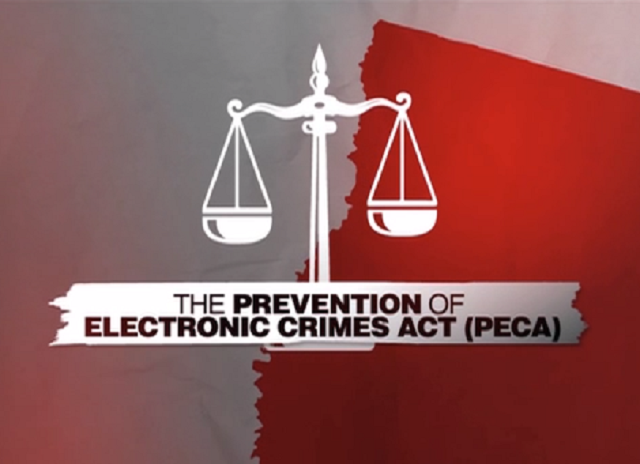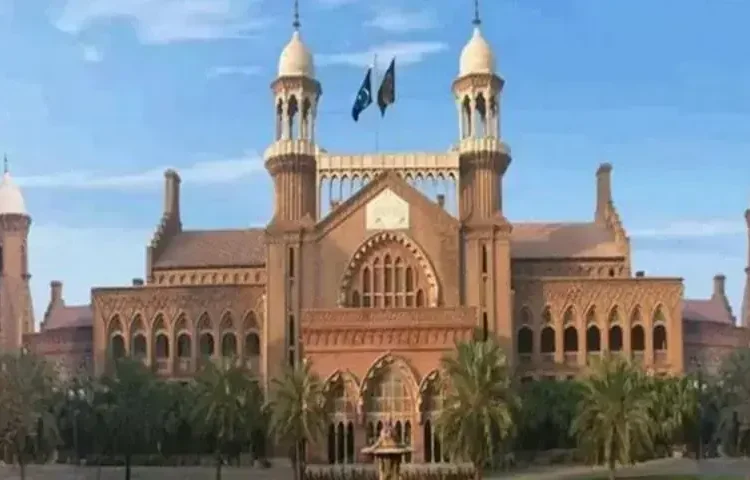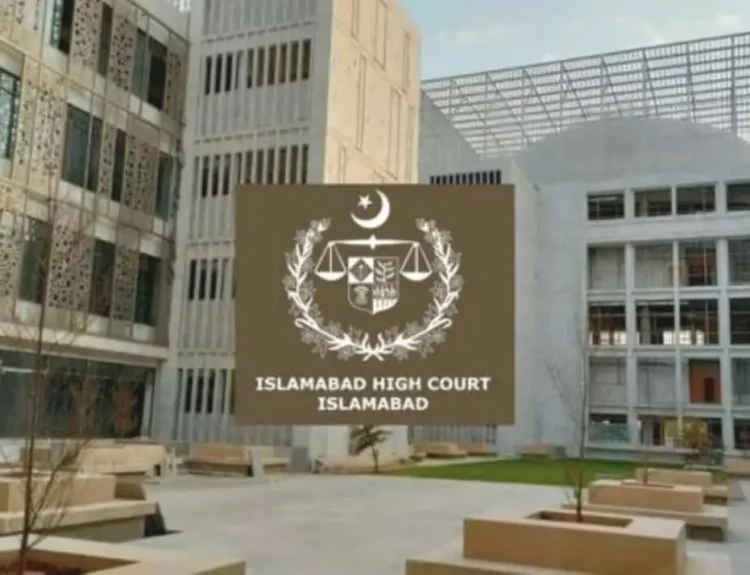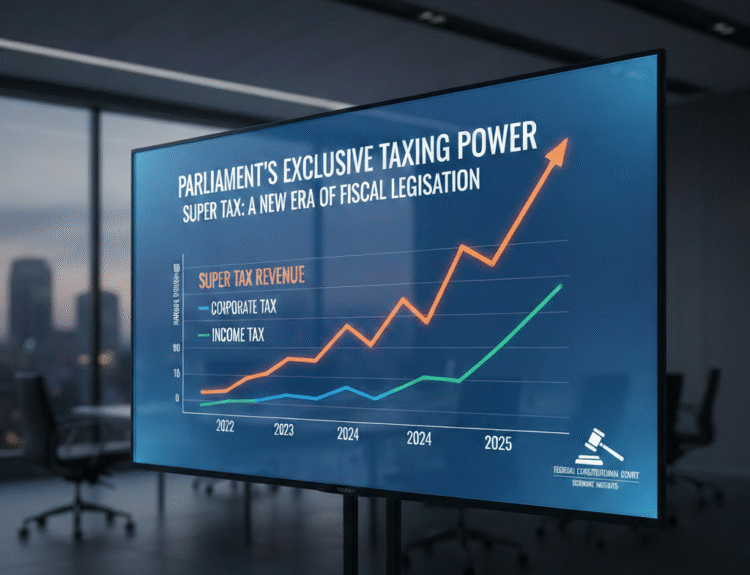While conducting hearings of pleas seeking court decision over legality of recently promulgated amendments in cybercrime law ‘Prevention of Electronic Crime Act (PECA), 2016’ on Monday Lahore and Sindh high courts sought replies from respondents including the federal government in the matter.
A single-member bench of the Lahore High Court (LHC) comprising Justice Farooq Haider sought replies from respondents in response to a plea seeking declaration of different sections of PECA (Amendment) Act, 2025 ultra vires the Constitution.
PFUJ Secretary General Rana Azeem, Punjab Assembly Leader of Opposition Malik Ahmad Bachar and Abdullah Malik advocate filed this petition through advocate Azhar Siddique contending that these provisions are incompatible with the democratic principles and protection of fundamental rights. They submitted that the recent amendments to PECA represent a significant shift towards increased government control over online content and a potential threat to freedom of expression in Pakistan.
“The broad and vague definitions within the law, coupled with severe penalties, create an environment of fear and self-censorship among journalists and the public. The bench sought responses in the matter by March 05.
Karachi Union of Journalists (KUJ) and the Society of Court Reporters has invoked jurisdiction of Sindh High Court (SHC) seeking court intervention to determine legality of the amendments in the PECA. A divisional bench of the Sindh High Court (SHC) led by Chief Justice Muhammad Shafi Siddqui took up the petition on Monday.
During the hearing, the bench asked the petitioner’s counsel Barrister Ali Tahir as to what were his clients’ objections to the amendments. “Should a person spreading fake news not be punished,” the bench questioned. The counsel argued the basic question was as to who was supposed to decide whether a particular news item was fake or not. The CJ noted that all things are not decided by court and some matters are left up to the discretion of the relevant authority.
“The amended law does provide the option of filing an appeal against the order of the authority,” he said. The counsel stated that it was a matter of fundamental rights which should be decided by courts. Chief Justice observed that if it was a matter of fundamental rights then it should be adjudicated by a constitutional bench. Barrister Ali Tahir noted that in its verdict in the Attock Cement case, the court has ruled that a regular bench can also decide the constitutional status of any law. The bench later issued notices to the respondents including the federal government asking them to submit their replies in two weeks.






